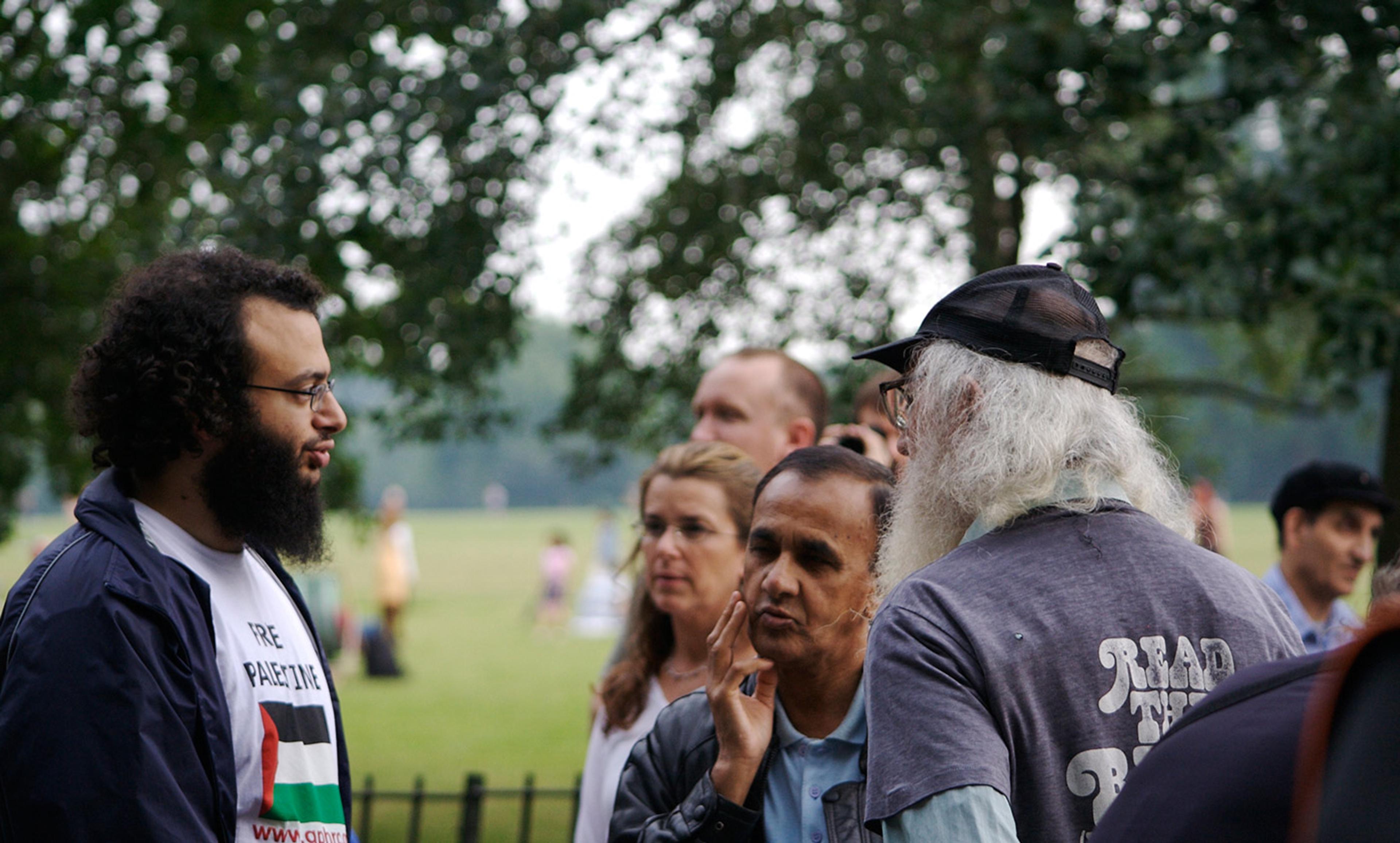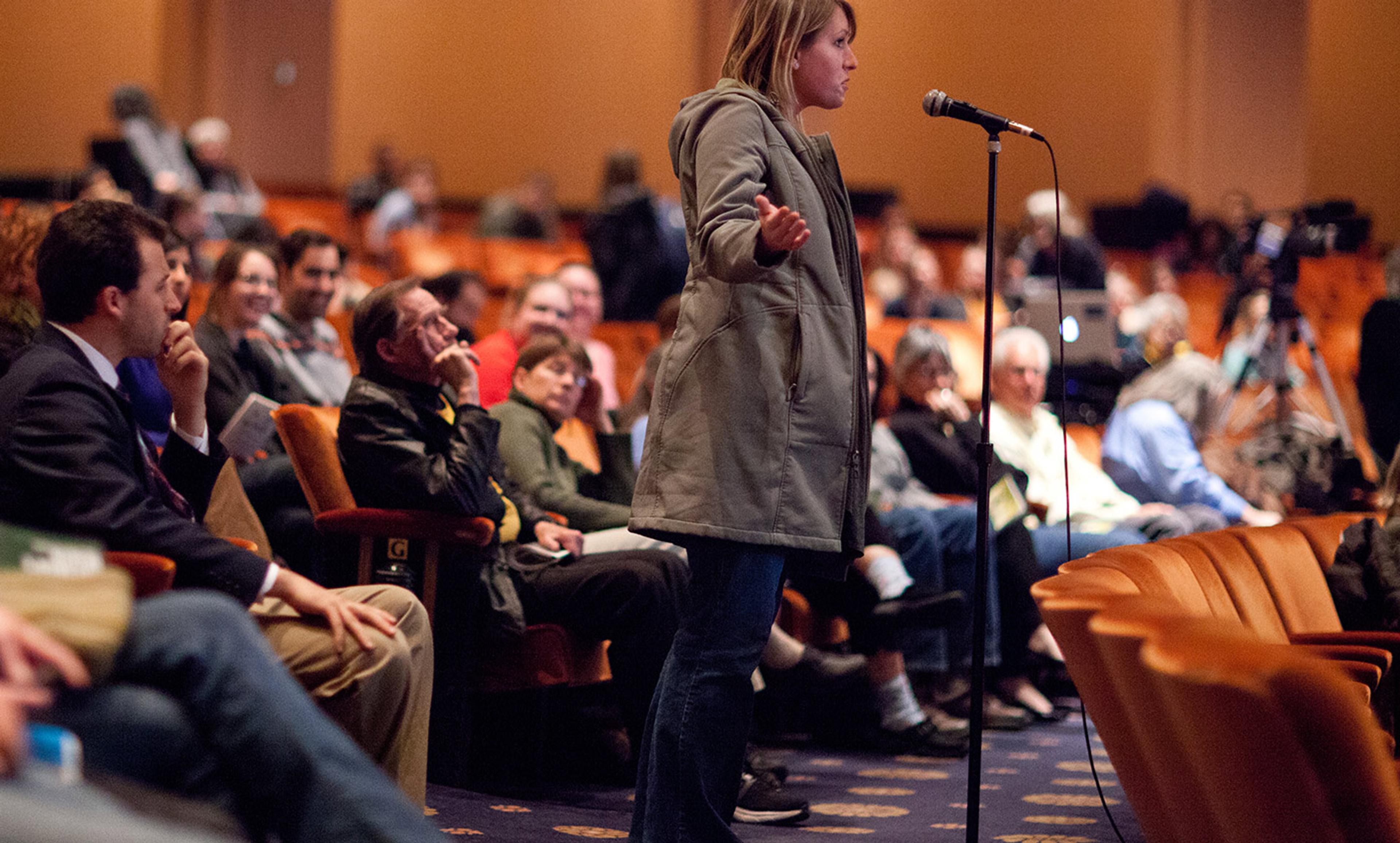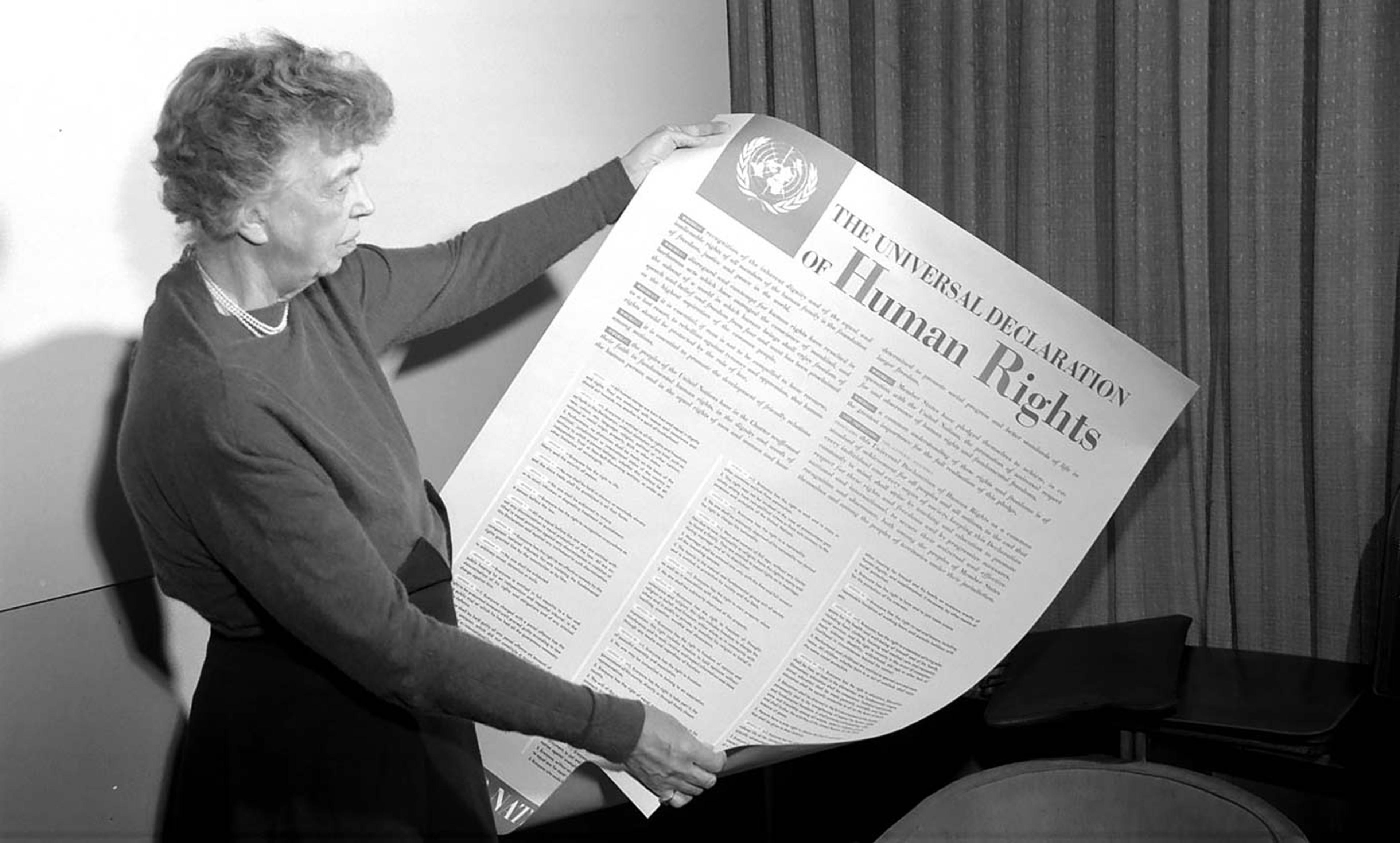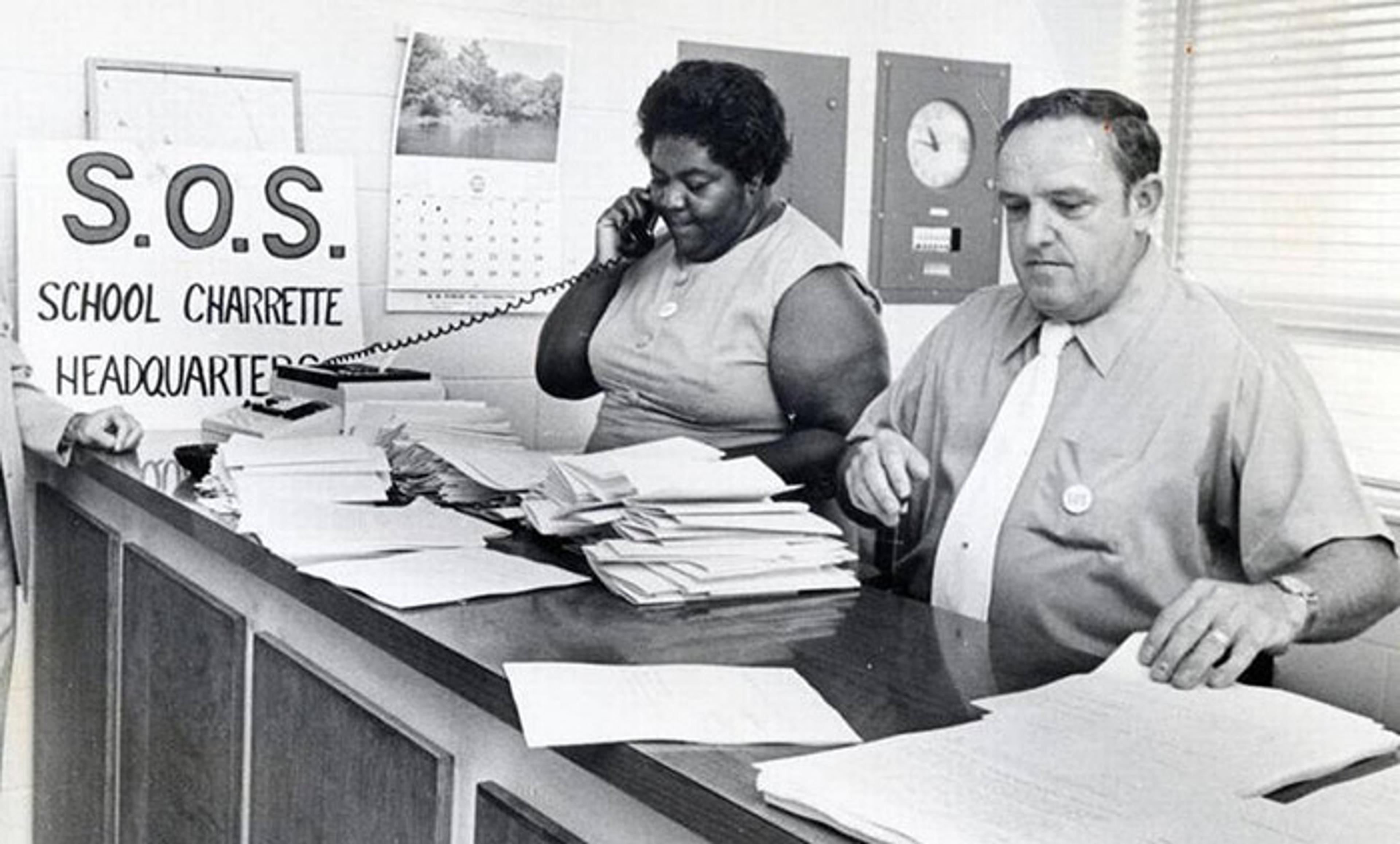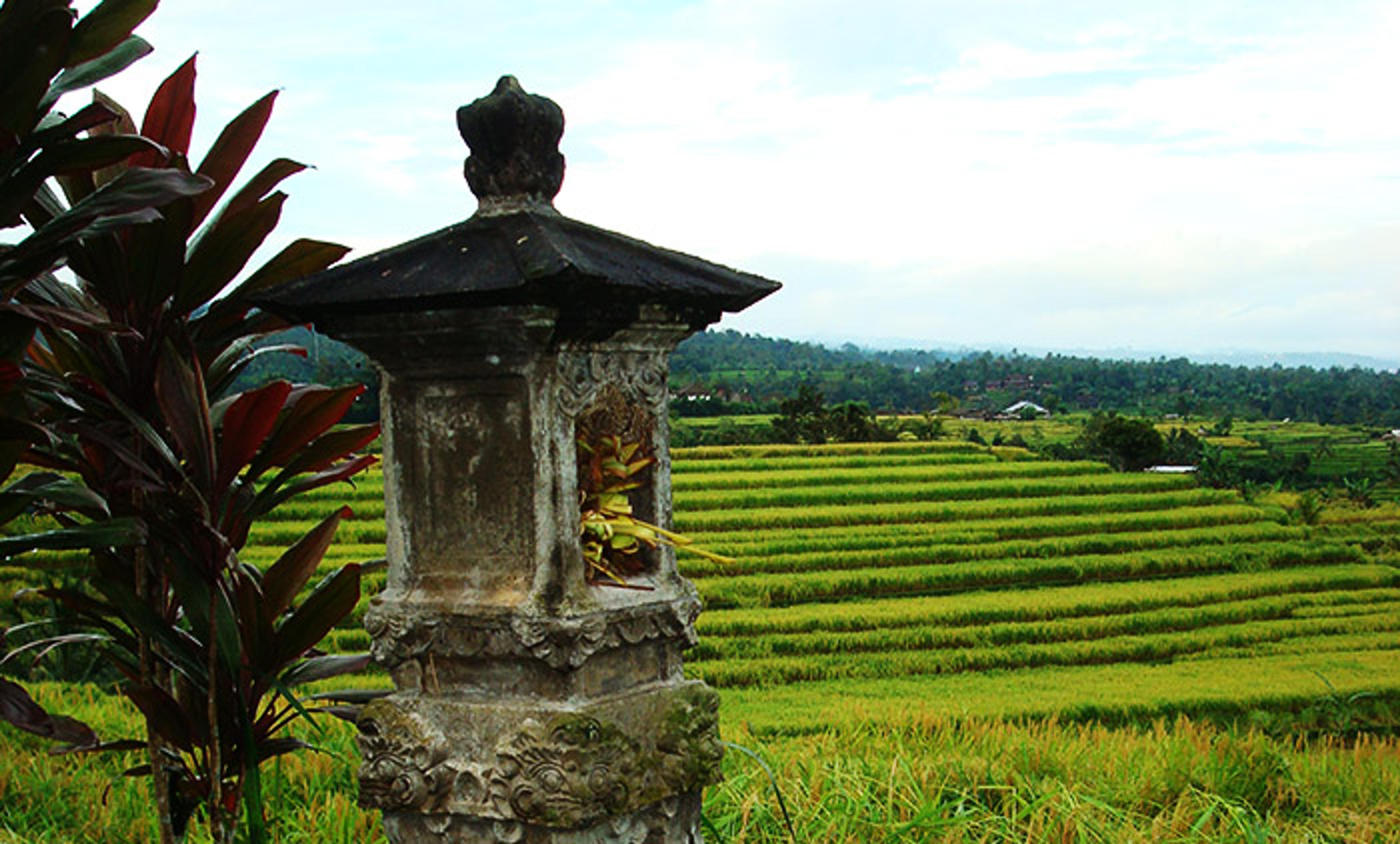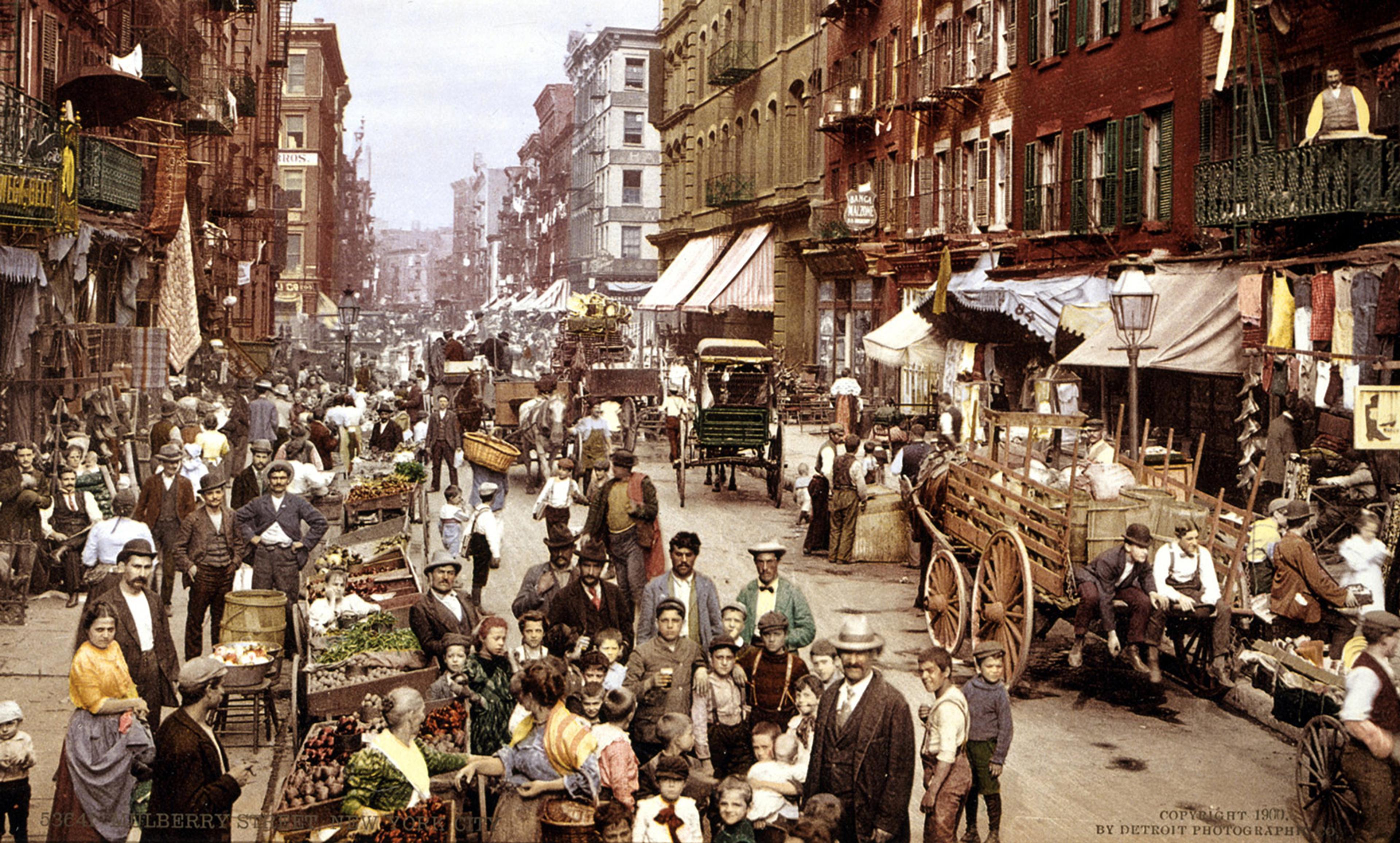Speakers’ Corner, Hyde Park, London. Photo by Adam Hopkinson/Flickr
Is liberalism an idea fit only for the contemporary West, proper to this particular historical, social and geographical context? Or is liberalism right for everyone, for all peoples and ages and cultures? That is to say, should liberal values be seen as relative or absolute?
In fact, the answer is neither. It is possible to steer between localist relativism on the one hand and ahistorical absolutism on the other.
The view of liberalism as relative to a country or culture abounds. A common response to immigration – especially Muslim immigration – into Western countries is the panicky worry that the newcomers don’t share ‘Western liberal values’, or ‘British’ or ‘American’ values. Immigrants should be compelled to do so as a condition of welcome; if they come to ‘our’ country, they need to adopt ‘our’ values, goes the refrain.
Yet it’s bizarre to defend liberal values by appealing to nationalism, common culture and heritage. What separates the liberal West from the brutality of its past is several hundred years of change, premised on the rejection of tradition and a refusal to be swayed by the argument that ‘this is how we do things’. Liberal values cannot be defended by looking backward and inward, since they arise from a perspective whose gaze is towards the future and the greater party of humankind.
Even those who defend diversity in values and practices often appeal to a relativism of their own. Liberals should be tolerant even of those who are illiberal and intolerant, because those are ‘their’ values, grounded in ‘their’ culture and history. This leads to a worrying moral permissiveness, both at home and abroad. Of course Westerners should learn about the cultural meanings of seemingly disturbing practices before rushing to intervene, but relativism precludes even well-informed criticism. The forefathers of liberalism rejected tradition to fight the misogyny and oppression once dominant in the West; their philosophical descendants cannot be committed to tolerating honour killings, female genital mutilation or death by stoning simply because these are foreign traditions.
If liberalism cannot be local and relativistic, it equally should not slide into an uncompromising absolutism and universalism. Insisting that the current manifestation of liberalism in the contemporary West is the timeless, universal, absolute guide to moral life is as fraught and historically blinkered as the appeal to ‘our values’.
Furthermore, an absolutist liberalism presents immigrants with a tragic choice. Many of those who come to Western countries have identities pervaded by ideas of kin, honour, faith and observance. If Western cultures have said the last word about what matters, there might be no room for such identities. If it is all or nothing – either Western liberalism or the bonds of the ancestral village and congregation – one should not be sanguine that all will choose the former. That rejection creates dangerous societal rifts.
More fundamentally, it is wrong to think of moral and political values as true or false for all eternity. Such principles are not like the laws of physics. Rather, as the philosopher Philip Kitcher at Columbia University has suggested in The Ethical Project (2011), values and principles should be seen not as timeless truths, but as a kind of ‘social technology’, as solutions to the problems that arise in the business of living together as humans. This is not relativism. A principle, like a technological innovation, either solves the problem for which it was adapted or it does not. Values are right and good only to the extent that they allow people to live acceptable lives together. This is the pragmatic middle way.
Like technologies, a solution to a historic problem will not always be useful. Capitalism, for instance, allowed Western societies to surpass the privations of feudalism, but it creates new problems that might one day require its dissolution. Affirmative action is a solution for racial discrimination, but in raising the spectre of tokenism or class-blindness it is clear that it cannot be the endpoint. This was the lesson that the American pragmatists William James and John Dewey took from the great British Liberal John Stuart Mill. Liberalism should never become ossified and dogmatic. Our current evaluative worldview must be held open for revision in the light of new experiences and circumstances.
In attempting to draw the pragmatist middle line between relativism and absolutism, Western liberal democracies will have a new message for their immigrant populations. Newcomers should accept liberal values, not simply because they happen to be the law of the land, nor because they are timeless ultimate truths, but because they have been found to work by those who have tried them, because the lives they allow are good lives for the livers, because they have permitted the cultures that abide by them to achieve unprecedented safety, health, dignity and wellbeing.
But liberals should also be open to the possibility that listening to these new voices will change the way they see things. Westerners might learn something valuable, just as their cultures did when they started to listen to those once excluded, such as Jews, women, blacks and the poor. Dialogue with the inhabitants of those immigrant neighbourhoods in Western cities that retain the character of close-knit rural communities could show how to mitigate the crushing loneliness and estrangement of modern urban environments. By listening to those brought up with traditional reverence for elders, modern societies might find an alternative beyond the cold and worn face of state mechanisms in solving the crises of our ageing society. And a many-sided interfaith conversation will help us move beyond the rigid battle lines of militant atheism and militant theism by distilling from the often lethal cocktail of religion a tincture of human meaningfulness. Most importantly, if Western liberal values are seen pragmatically, as open to change and as receptive to new ideas, then the growing number of immigrants will be offered a new opportunity: not just to join Western society, but to help shape it.
